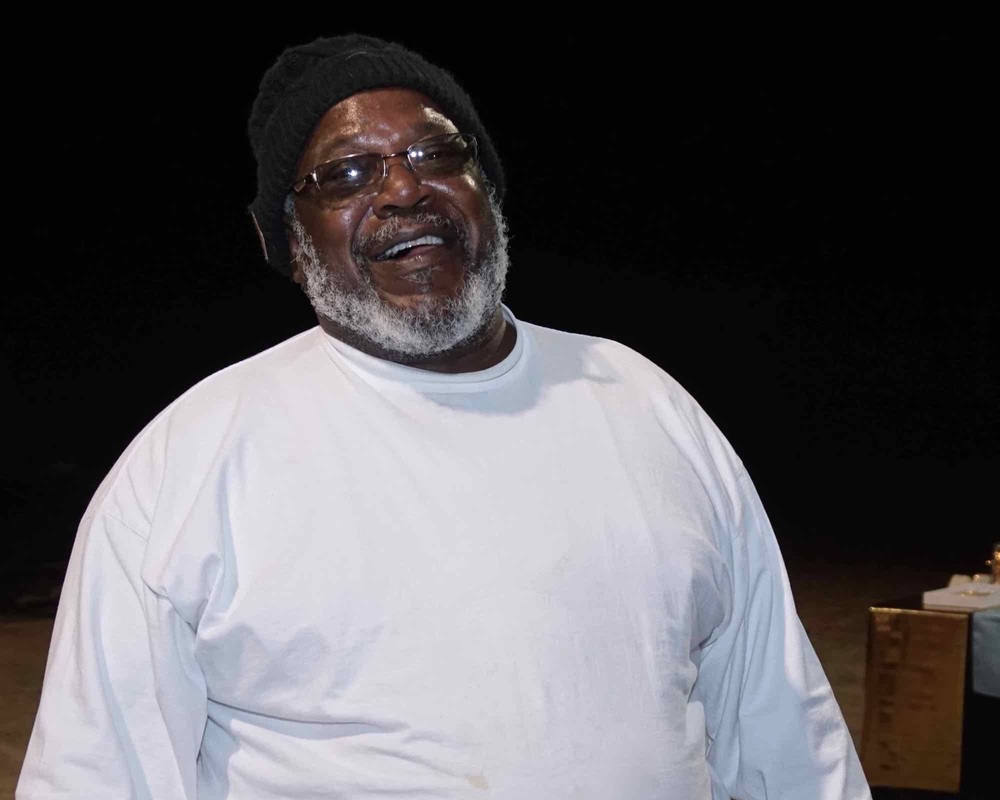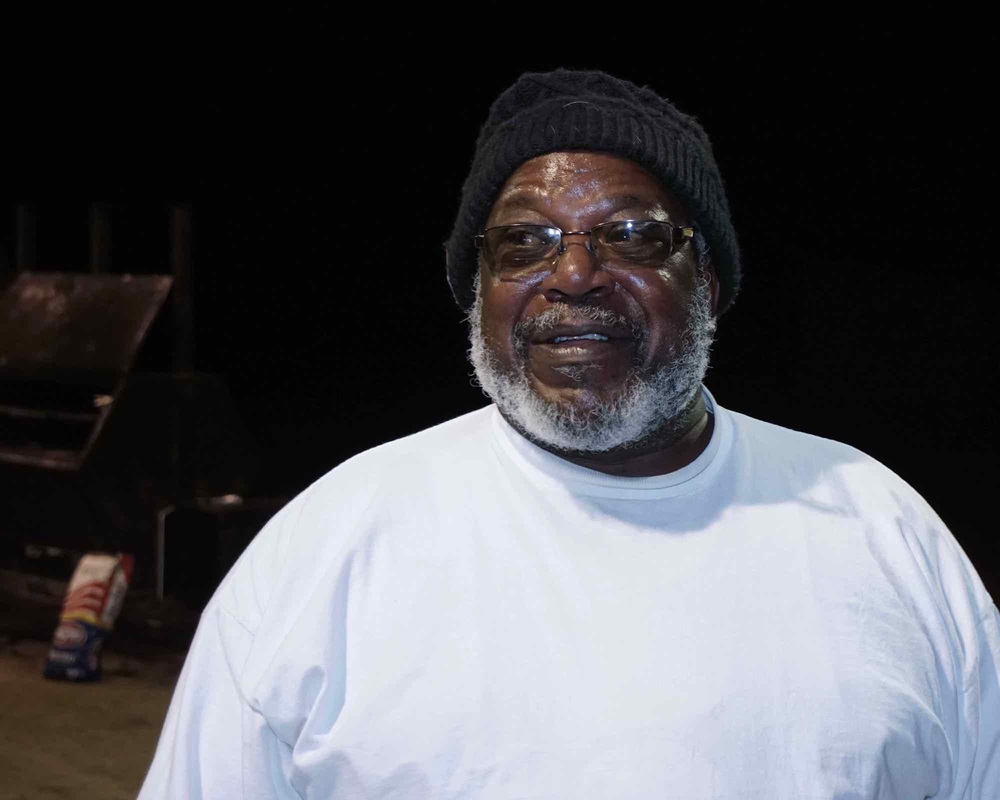“When I was twelve years old, I met a man at the fairgrounds, a Mr. Gilbert, who had quarter horses. He taught me how to groom and said he could take me with him to Indiana when I was a little older if my mama was okay with it. She was, so when I turned 14, I went and worked for him till I was about 16. That’s when the reality of racism first hit me. There was a little white girl, Lisa, who used to ride, and we had started getting close. Mr. Gilbert saw me kiss her on the cheek one night because she had lost her pony and she was crying. It was just a sentimental thing, but the next weekend I was on the bus back to Memphis. I didn’t let it make me bitter, but somewhere deep inside of me I put up a wall. I didn’t seek emotional connection with white women after that; I kept my distance. I’ve made a lot of friends and had different employers over the years, and a lot of them have been white, but in me there was that barrier. I guess that’s what made me ‘safer’ around their wives.
“What happened didn’t stop me from working with horses though. I’ve worked as a groom my whole life, and I love it. Once you get to know the horses, you see that each one of them has a character of its own. They’re like people. When they get in the ring, it’s like watching your son play in a championship basketball game. You’re like, ‘Come on, come on. You can do it!’ You’re rooting for him.
“It’s my belief in God that gave me the strength to look back on what I went through, smile about it, and believe that we can make a better world. We as people. All we got to do is just love each other for real. You got a lot of people giving out patronizing love. They mean well, but a lot of the white people who reach out to black children, they feel like, ‘It’s my job just to be nice to you.’ Nobody wants to add discipline to that. I’m going to be nice, but I’m going to tell you to sit down if you’re out of place. I’ll deal with you just like I would my own kids. That’s true love.
"Racial attitudes have changed for the better over the years. I think our basic issue now is economics. Poor people look at how you might benefit their cause. It’s not the race; it’s the money thing now. You’ve got some people feeling like, ‘You got it and I ain’t.' As rough as they say Orange Mound is, you see white kids walking around there, hanging out with the black kids. They been there long enough, people know them. But then you’ve got other people who are still struggling to get past need; they’re so caught up, they can’t get to know this little white kid. When they see the little white kid, the little white kid got a little more than him, so rather than getting to know him, here’s an opportunity to get something off him. They automatically turn him into a victim. And the prominent white kids are so so accustomed to being turned into victims, they be like, 'He trying to do something.' They turn the poor black kid into the aggressor even though he hasn’t had the opportunity to BE the aggressor. Our racial relationship has come a long way, but we need to figure out how to stabilize our economic situation and give our kids the opportunity to know each other just as people. Get on the level, on common ground, and it would be a totally different world. That’s wishing for a whole lot though. That’s our major issue. The kids need to venture out, not to take nothing, but to see what’s out there. Media feeds the issue: You got to have Nikes, you got to have this, you got to have that. Corporate America is feeding off our country."
“What happened didn’t stop me from working with horses though. I’ve worked as a groom my whole life, and I love it. Once you get to know the horses, you see that each one of them has a character of its own. They’re like people. When they get in the ring, it’s like watching your son play in a championship basketball game. You’re like, ‘Come on, come on. You can do it!’ You’re rooting for him.
“It’s my belief in God that gave me the strength to look back on what I went through, smile about it, and believe that we can make a better world. We as people. All we got to do is just love each other for real. You got a lot of people giving out patronizing love. They mean well, but a lot of the white people who reach out to black children, they feel like, ‘It’s my job just to be nice to you.’ Nobody wants to add discipline to that. I’m going to be nice, but I’m going to tell you to sit down if you’re out of place. I’ll deal with you just like I would my own kids. That’s true love.
"Racial attitudes have changed for the better over the years. I think our basic issue now is economics. Poor people look at how you might benefit their cause. It’s not the race; it’s the money thing now. You’ve got some people feeling like, ‘You got it and I ain’t.' As rough as they say Orange Mound is, you see white kids walking around there, hanging out with the black kids. They been there long enough, people know them. But then you’ve got other people who are still struggling to get past need; they’re so caught up, they can’t get to know this little white kid. When they see the little white kid, the little white kid got a little more than him, so rather than getting to know him, here’s an opportunity to get something off him. They automatically turn him into a victim. And the prominent white kids are so so accustomed to being turned into victims, they be like, 'He trying to do something.' They turn the poor black kid into the aggressor even though he hasn’t had the opportunity to BE the aggressor. Our racial relationship has come a long way, but we need to figure out how to stabilize our economic situation and give our kids the opportunity to know each other just as people. Get on the level, on common ground, and it would be a totally different world. That’s wishing for a whole lot though. That’s our major issue. The kids need to venture out, not to take nothing, but to see what’s out there. Media feeds the issue: You got to have Nikes, you got to have this, you got to have that. Corporate America is feeding off our country."


 RSS Feed
RSS Feed